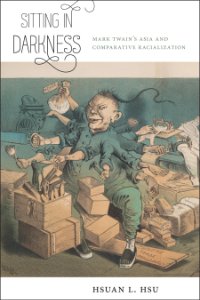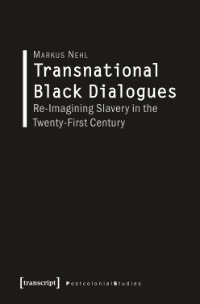By Hsuan L. Hsu
Perhaps the most popular of all canonical American authors, Mark Twain is famous for creating works that satirize American formations of race and empire. While many scholars have explored Twain’s work in African Americanist contexts, his writing on Asia and Asian Americans remains largely in the shadows. In Sitting in Darkness, Hsuan Hsu examines Twain’s career-long archive of writings about United States relations with China and the Philippines. Comparing Twain’s early writings about Chinese immigrants in California and Nevada with his later fictions of slavery and anti-imperialist essays, he demonstrates that Twain’s ideas about race were not limited to white and black, but profoundly comparative as he carefully crafted assessments of racialization that drew connections between groups, including African Americans, Chinese immigrants, and a range of colonial populations. Drawing on recent legal scholarship, comparative ethnic studies, and transnational and American studies, Sitting in Darkness engages Twain’s best-known novels such as Tom Sawyer, Huckleberry Finn, and A Connecticut Yankee in King Arthur’s Court, as well as his lesser-known Chinese and trans-Pacific inflected writings, such as the allegorical tale “A Fable of the Yellow Terror” and the yellow face play Ah Sin. Sitting in Darkness reveals how within intersectional contexts of Chinese Exclusion and Jim Crow, these writings registered fluctuating connections between immigration policy, imperialist ventures, and racism.
New York: NYU Press.2015.



